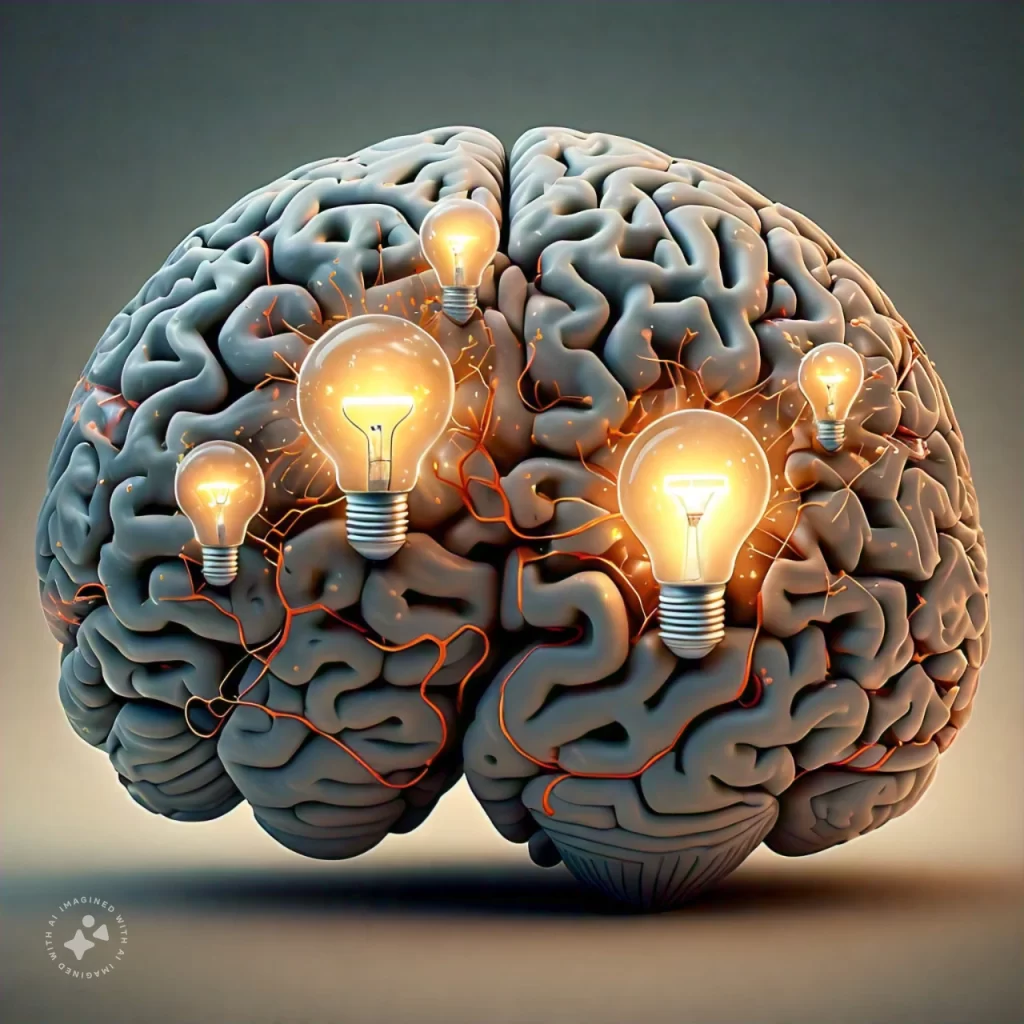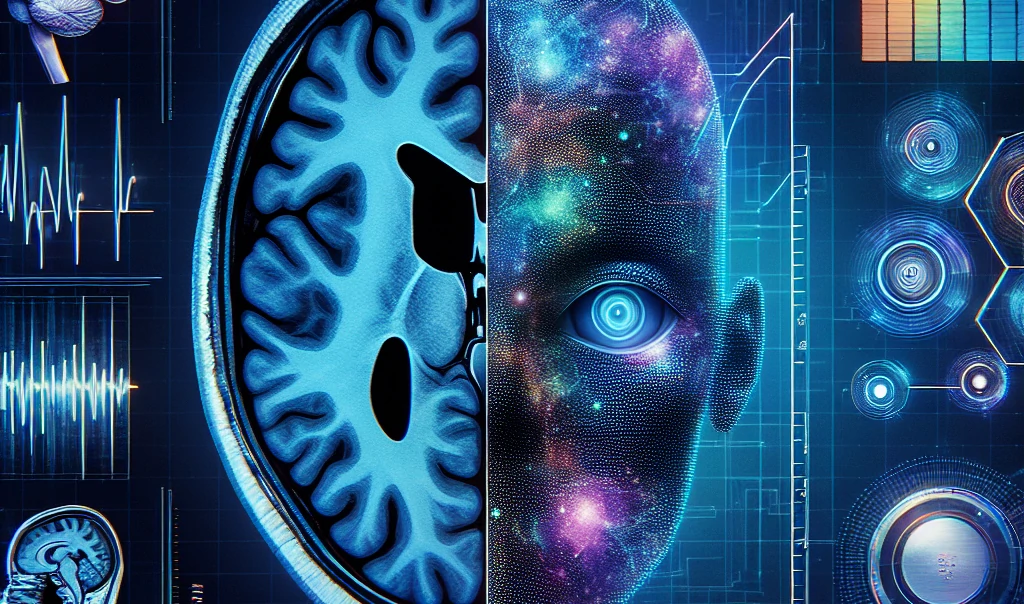ChatGPT Achieves Human-Level Accuracy in Brain Tumor MRI Analysis
In recent years, artificial intelligence (AI) has made significant strides in the field of healthcare. One of the most exciting developments involves ChatGPT, which has now demonstrated human-level accuracy in analyzing brain tumor MRI analysis. This groundbreaking achievement could redefine how medical professionals diagnose and treat brain tumors.

The Role of AI in Medical Imaging
AI and machine learning technologies increasingly support medical professionals by enhancing imaging techniques. These tools can analyze vast amounts of data at lightning speed, enabling quicker and more accurate diagnoses. The integration of AI into radiology has made it possible to identify anomalies that may be overlooked by the human eye. Thus, as the medical community embraces these technologies, the potential for better patient outcomes grows exponentially.
ChatGPT: A Game Changer in Brain Tumore MRI Analysis
Recent research indicates that ChatGPT can analyze brain tumor MRIs with an accuracy comparable to experienced radiologists. This level of performance marks a remarkable milestone in the field of medical imaging. By utilizing advanced algorithms for deep learning, ChatGPT processes images efficiently, identifying and categorizing tumors effectively.
Researchers conducted controlled studies where both human experts and ChatGPT analyzed the same sets of MRI data. The results showed minimal differences between human and AI interpretations. This raises intriguing questions regarding the future role of AI in medical diagnostics. Can AI ultimately assist professionals in improving the accuracy of diagnoses, or will it completely replace human expertise?
Improving Diagnostic Efficiency
The implications of ChatGPT’s performance in brain tumor MRI analysis extend beyond accuracy. Faster diagnoses translate to quicker treatment plans, ultimately saving lives. In urgent situations where every minute counts, an AI capable of rapidly analyzing MRI scans can lead to timely interventions.
Moreover, incorporating ChatGPT into clinical settings could alleviate some of the pressure on healthcare professionals. Radiologists often face overwhelming workloads. Therefore, AI can serve as a complementary tool, handling routine analyses while allowing professionals to focus on complex cases.
Addressing Challenges and Limitations
While the results are promising, integrating AI like ChatGPT into everyday medical practice comes with challenges. One of the primary concerns revolves around transparency. Understanding how AI algorithms arrive at specific conclusions remains critical. Doctors must feel confident in AI-generated recommendations before incorporating them into their decision-making processes.
Another challenge is the need for extensive training data. The accuracy of AI relies on diverse and comprehensive datasets. If the training data lack diversity, the AI may not perform well for all patient demographics. Addressing these concerns will be vital for the successful integration of AI in healthcare.
Future Prospects and Collaborations
As AI technology continues to evolve, opportunities for collaboration between human experts and AI systems grow. Future research may focus on creating hybrid systems that combine human intuition with AI’s analytical capabilities. This partnership could potentially enhance diagnostic accuracy even further.
Additionally, ongoing studies assessing the long-term impact of AI in clinical settings can provide valuable insights. The successful adoption of AI in brain tumor analysis may lead to other areas of medical imaging. Therefore, the healthcare community is keenly interested in the developments surrounding AI applications.
Conclusion: The Path Forward
ChatGPT’s recent success in brain tumor MRI analysis marks an exciting turning point in the intersection of technology and healthcare. Achieving human-level accuracy not only demonstrates the potential of AI but also opens the door for improved patient outcomes and efficiency in diagnosing brain tumors. As healthcare professionals and researchers continue exploring these advancements, the journey toward more effective AI in medicine is just beginning.

